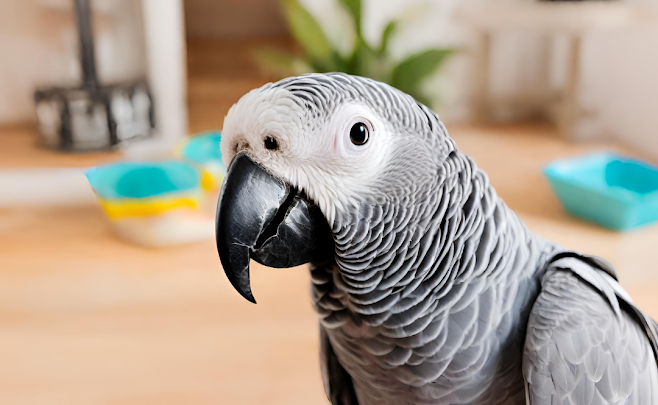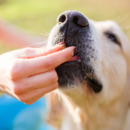A dog's gut health affects its immune system and digestion. Both humans and dogs can have digestive issues, but there are natural ways to help them. This comprehensive organic approach to supporting your dog's digestive health covers diet and lifestyle adjustments. Here is how to improve dog gut health naturally:
Understanding the Canine Gut Microbiome
Before exploring gut health improvements, you must understand the microbiome. The gut microbiota of dogs has a complex variety of microorganisms like that of humans. These microbes aid digestion, immunological function, food absorption, and mood regulation.
Ideal Diet
Dogs' gut microbiomes need proper nutrition. A balanced meal with fiber, premium protein, and other nutrients is the key. Consider feeding your dog probiotic-rich foods like yogurt, kefir, or fermented veggies to promote gut bacteria development.
Prebiotics for Gut Health
Prebiotics keep the gut flora healthy, exactly as probiotics. Prebiotics are indigestible fibers that nourish gut beneficial bacteria. To improve digestive health, feed your dog prebiotic-rich foods like sweet potatoes, pumpkin, and oats.
Avoid Harmful Additives
Many commercial dog foods contain artificial ingredients, preservatives, and additives that can disrupt the gut microbiome's delicate balance. Use natural, whole-food diets or commercial feeds without additives and fillers to improve your dog's digestive health.
Regular Exercise
Regular exercise promotes your dog's digestive system and overall health. Exercise supports good digestion and controls bowel movements, preventing constipation and other digestive issues. Regular walks, playing, and interactive games will keep your dog active and healthy.
Stress Management
Stress can harm a dog's digestion. Like people, dogs can be disturbed by schedule changes, loud noises, and separation anxiety. Regular exercise, mental stimulation, and a safe, comfortable environment for your dog can help maintain gut health.
Adequate Hydration
Adequate water is essential for dogs' tummies and wellbeing. Fresh, clean water is essential for dogs, especially in summer and after exercise. Dehydration can cause constipation and other digestive issues, so encourage your dog to drink water.
Herbal Supplements
Studies have shown that herbs and botanicals help dogs' digestive systems. Slippery elm bark reduces inflammation and promotes gastrointestinal healing, while ginger reduces nausea and improves digestion. Consult an herbalist veterinarian to obtain the proper nutrients for your dog.
Limit Antibiotic Use
In some cases, medications can save lives, but misuse can alter a dog's gut ecology. Avoid unnecessary antibiotic use for minor diseases and infections by using natural or complementary therapy.
Regular Vet Visits
Routine veterinary exams are essential for your dog's overall health, including digestive wellness. Your dog's vet can assess intestinal health, provide food adjustments or supplements, and treat any underlying medical concerns.
Conclusion
Overall, your dog's health and quality of life depend on intestinal health. Natural measures including stress management, exercise, prebiotics, food, and herbal supplements can help your dog's gut microbiota thrive. Prioritize preventative maintenance and consult your vet before making substantial food or lifestyle changes to keep your dog happy and healthy for years.









